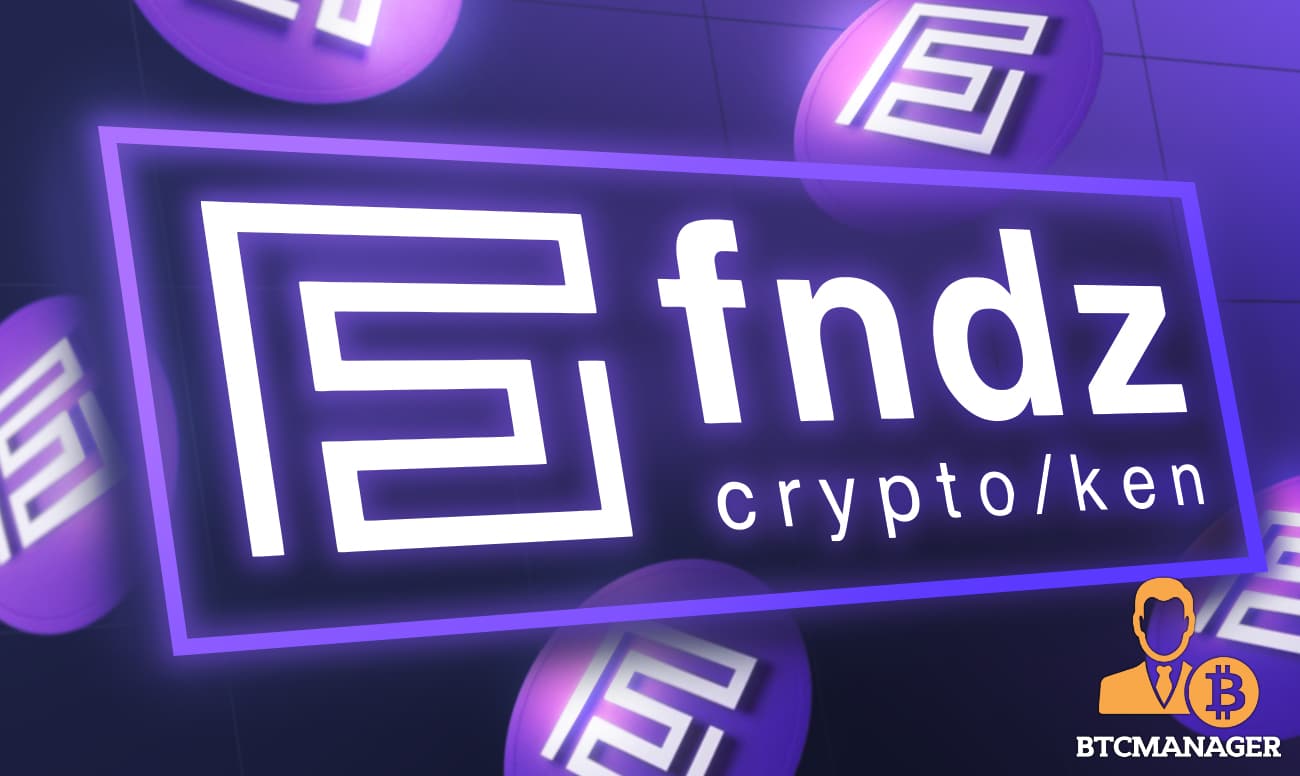DeFi DApp FNDZ Launches Easy Way to Copy Trade And Maintain Crypto Custody

Copy trading has been around for about a decade. The idea was pioneered around 2012, and several studies over the years have illuminated the positive effects copy trading can have on the behavior and success of less-experienced traders who align their portfolios with the trades of experts.
The success of copy-trading as a service has recently been applied to the relatively new cryptocurrency market, yet this 24/7 market of digital assets poses several challenges for investors that make centralized copy-trading platforms less than ideal.
Besides hidden fees on top of already high and confusing fee structures, the question of who retains custody of one’s assets should make any crypto investor pause before signing up for copy-trading with a centralized service.
Who Really Owns The Coins You Are Trading?
The custody of assets is a huge plus for users who interact with DeFi. There’s a popular expression in the DeFi community that goes, “Not your keys, not your coins,” and it refers to the practice of centralized exchanges (CEXs) owning the private keys to a user’s crypto wallet. When using a CEX, it may look like you own your digital assets, but without the private keys to the wallet they are held in, you are in fact only gaining access to them, and there’s a huge difference.
When a copy trading platform owns its users’ wallet keys, it can charge anything it wants for its services and immediately withdraw funds in order to pay these charges. The owner of a wallet’s keys authorizes transfers of tokens from that wallet, so if your copy trading platform has your private key, then you’re trading at the mercy of their fee structure, and you’re exposing your assets to unnecessary risk.
DeFi Copy Trading Platform FNDZ Doesn’t Custody Crypto
Worrying that a CEX will run off with your assets might seem like an overly paranoid idea to many, but the risks of losing one’s assets to CEX related black swan events are manifold. CEXs are big targets for hackers, and governments could order a CEX to freeze its activities along with your assets. Additionally, a CEX could file for bankruptcy and have all its assets liquidated to pay its debts, which could mean liquidating the assets you thought you owned.
Decentralized finance (DeFi) is one of the latest crypto trends moving user activity away from centralized services, and there are many benefits specific to DeFi that have attracted a steadily growing user base. By building a platform that utilizes DeFi for an easy-to-use copy trading experience, FNDZ ensures several positive attributes of DeFi contribute to a better user experience (UX) for its users, and this includes maintaining custody over one’s crypto assets.
Robin Ubaghs, Marketing & Growth Lead at FNDZ says, “FNDZ’s users interact with the copy trading dApp using their own MetaMask wallet, to which they hold the private keys. When users interact with FNDZ’s smart contracts, they maintain custody of their assets and the right to retrieve those assets at any time.”
Valentino Cremona, Operation & Tech Lead at FNDZ, adds, “Only the holder of the private key that deposited funds into one of FNDZ’s smart contracts can remove those funds from the smart contract, so this DeFi solution to copy trading ensures users have a better opportunity to secure their funds themselves.
FNDZ Builds an Innovative Approach to Copy Trading
DeFi copy trading may seem like an oxymoron to some people since, on the one hand, one of the principles of DeFi is retaining custody of one’s assets. But, on the other hand, the basis of copy trading is allowing someone else to make trades on a user’s behalf, which means some sovereignty over a user’s assets must be given up in order to let this happen.
FNDZ approaches this conundrum in an innovative way that elevates its service from other DeFi copy trading platforms. Many of these platforms rely on application programming interfaces (APIs) in order to facilitate trades in real-time, and this can lead to poor UX/UI and technical issues galore.
Instead of having an API press all the buttons necessary for copying a trader’s moves, FNDZ facilitates copy trading by allowing traders to set up their own vault into which users can deposit funds. Users receive a vault token commensurate with their initial deposit, and this dynamically valued vault token can be redeemed for assets deposited and the additional gains made from copy trading.
FNDZ recently announced a trading program which will invite traders to the beta test of the platform and receive benefits for doing so. Specifically, every trader that participates in the beta test program will receive a welcome package including an airdrop of 25 tokens for the creation of a vault, merchandise, a one-on-one session with a founding member of FNDZ, access to the project’s VIP group on Discord, and exclusive NFT drops. A pool of 15,000 FNDZ tokens will also be available to the first 100 traders, with the maximum allocation being 200 FNDZ tokens. Interested traders can apply here.
This marriage of copy trading and DeFi is a huge improvement of affairs for the owners of digital assets who would like to increase their holdings and follow experienced traders without giving up the rights to their crypto, and it should give centralized copy trading services a run for their, or their users’ custodied, money.













